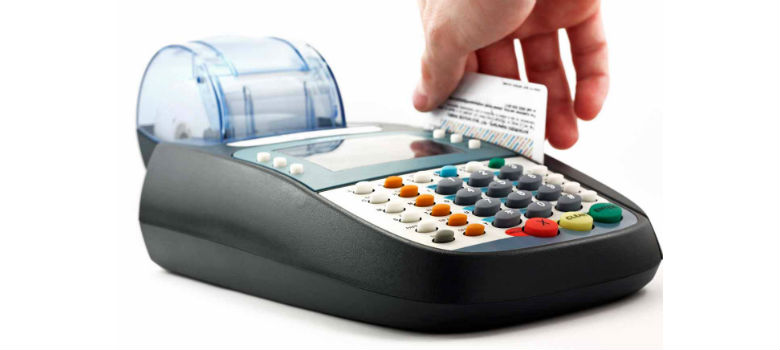The financial reform bill has expanded significantly beyond its original scope. As with most major pieces of legislation, “mission creep” has occurred and almost anything having to do with money is being included.
One area which impacts business owners directly is the regulation of interchange fees on debit card payment transactions. Senator Richard Durbin has attempted to regulate interchange fees for many years with little success.
By including this issue in the financial reform bill negotiation, it is now certain that the fees will be regulated. The impact on your company’s pretax profit margin is worth celebrating.
What exactly are interchange fees?
Last year, nearly $3.4 trillion in purchases were made on credit or debit cards. They are so popular as a form of payment among consumers (who use them) and among businesses (who accept them) that electronic transactions have surpassed cash transactions in the United States.
Almost any store, from a Fortune 100 retail chain to a three-employee bodega accepts them.
The reason for their ubiquity is the existence of the “interchanges”. Organizations like MasterCard and Visa provide a global electronic infrastructure that allows – in a matter of seconds – for a retailer to confirm if the consumer’s card has sufficient credit or funds to afford the transaction, charge the amount to the consumers card and begin the process of transferring the money to the merchant’s account.
Credit cards are issued by banks or other financial institutions, who in turn participate in one or several of the interchanges. This allows their card to be accepted at any business that accepts payments from that interchange. Without this type of setup, each bank would have to work out individual payment agreements with every business that wanted to accept payment from their accountholders. It would be a nightmare.
In exchange for providing this service, the interchanges charge businesses that accept payments from participating cards (knows as merchants) an “interchange fee”. The Interchange fee paid by merchants can vary but is typically between 1-3 percent of each transaction. This is in addition to all of the other fees associated with a credit or debit card transaction. The interchange fee is shared between the interchange and the bank issuing the card.
Go to the article: How the Epic Battle Over Interchange Fees Will Boost Your Profits
